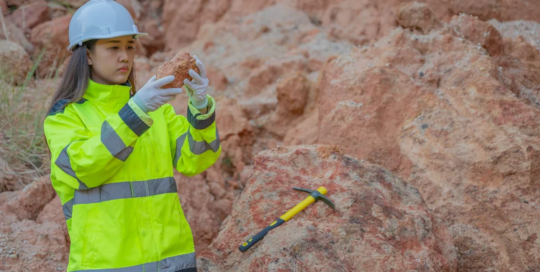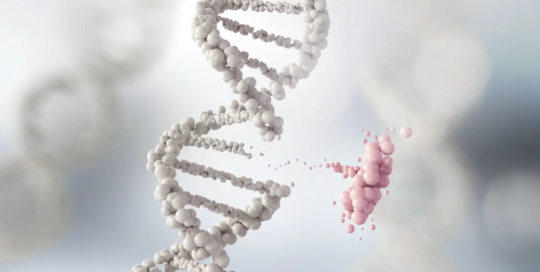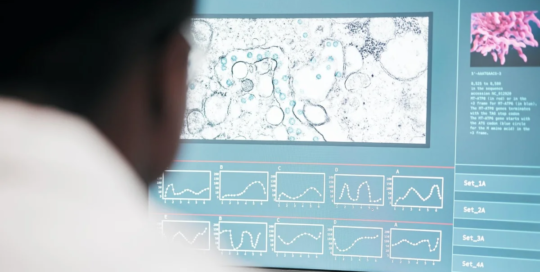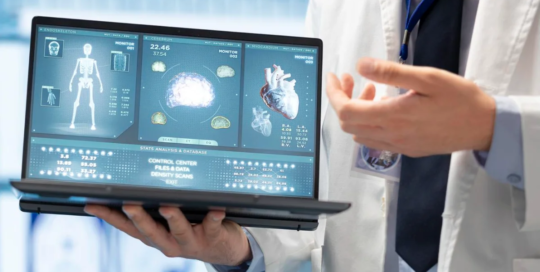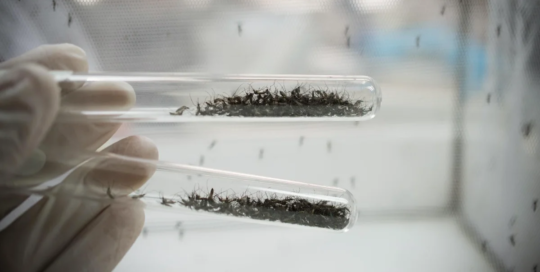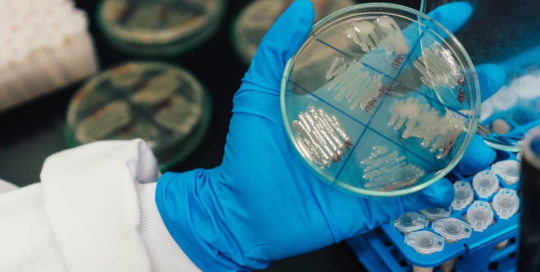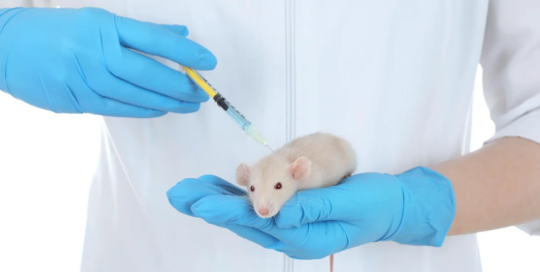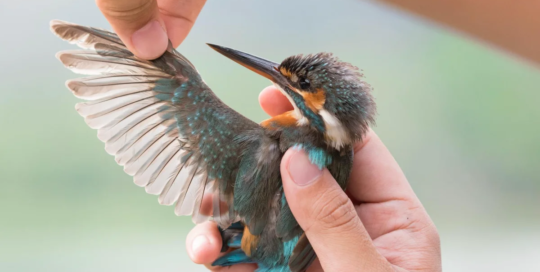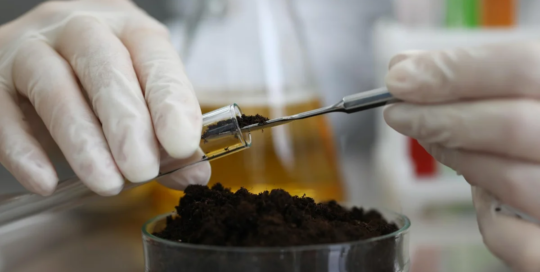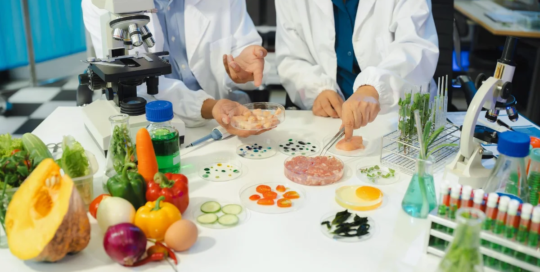Plan or develop coordinated practices for soil erosion control, soil or water conservation, or sound land use.
Geneticists
2025-08-01T20:03:40-06:00Research and study the inheritance of traits at the molecular, organism or population level. They evaluate or treat patients with genetic disorders.
Molecular and cellular biologists
2025-08-01T19:58:25-06:00Research and study cellular molecules and organelles to understand cell function and organization.
Bioinformatics scientists
2025-08-01T19:54:40-06:00Conduct research using bioinformatics theory and methods in areas such as pharmaceuticals, medical technology, biotechnology, computational biology, proteomics, computer information science, biology and medical informatics. They design databases and develop algorithms for processing and analyzing genomic information, or other biological information.
Zoologists and wildlife biologists
2025-08-01T19:51:34-06:00Study the origins, behavior, diseases, genetics, and life processes of animals and wildlife. They specialize in wildlife research and management. They collect and analyze biological data to determine the environmental effects of present and potential use of land and water habitats.
Microbiologists
2025-08-01T19:47:28-06:00Investigate the growth, structure, development, and other characteristics of microscopic organisms, such as bacteria, algae, or fungi. Includes medical microbiologists who study the relationship between organisms and disease or the effects of antibiotics on microorganisms.
Biochemists and biophysicists
2025-08-01T19:43:31-06:00Study the chemical composition or physical principles of living cells and organisms, their electrical and mechanical energy, and related phenomena. They conduct research on the combinations and reactions involved in metabolism, reproduction, growth, and heredity. They determine the effects of foods, drugs, serums, hormones, and other substances on living organisms.
Biologists
2025-08-01T20:00:20-06:00Research or study basic principles of plant and animal life, such as origin, relationship, development, anatomy, and functions.
Soil and plant scientists
2025-08-01T19:31:57-06:00Conduct research in breeding, physiology, production, yield, and management of crops and agricultural plants or trees, shrubs, and nursery stock, their growth in soils, and control of pests. They study the chemical, physical, biological, and mineralogical composition of soils. They study alternative practices on soil and crop productivity.
Food scientists and technologists
2025-08-01T19:28:51-06:00Use chemistry, microbiology, engineering and science to study the processing and deterioration of foods. They analyze food content to determine levels of vitamins, fat, sugar, and protein. They discover new food sources and ways to make processed foods safe, palatable, and healthful. They determine best ways to process, package, preserve, store and distribute food.
